
Climate change, obesity, and undernourishment
Santa Fe Institute scientist Ross Hammond talks about the “snydemic” of climate change, obesity, and undernourishment—and some solutions that address all three at once.

Santa Fe Institute scientist Ross Hammond talks about the “snydemic” of climate change, obesity, and undernourishment—and some solutions that address all three at once.

Anthropologist and best-selling author Wade Davis talks about the knowledge, practices, and wisdom of non-Western societies, and how they can inspire us and help us to solve some of our most series problems—like climate change.

Archaeoastronomy of the last forty years reveals that Native Americans of the Chaco Canyon area were extraordinary astronomers, engineers, and builders–in service of a spirituality. What did it mean, and why did they leave the site? We talk to researcher Anna Sofaer and her colleagues.
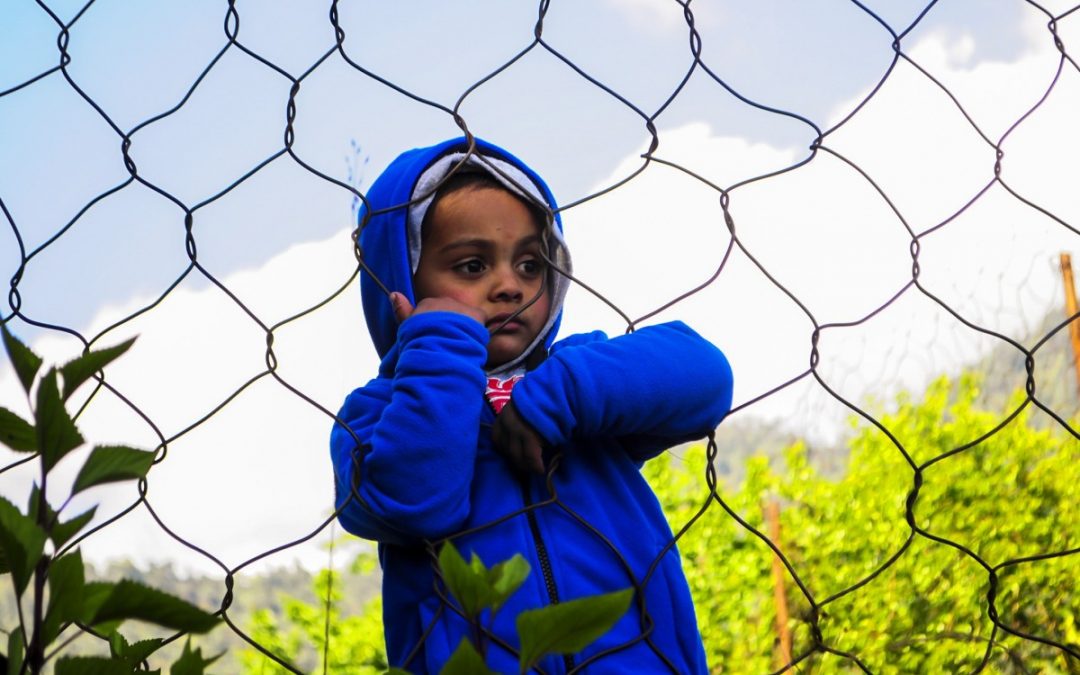
Over 2000 children have been taken away from their parents at the US-Mexico border. Hear what a pediatrician and a child development professor have to say about the dangers of this kind of trauma to children and families.

Magma. Lava. Fissures. Eruptions. Tectonic plates. Angry gods. What are volcanoes, and what’s going on at the Kilauea volcano in Hawaii? Charlotte Rowe, vulcanologist at Los Alamos National Laboratory, shares her experience as a scientist and witness to live volcanoes.
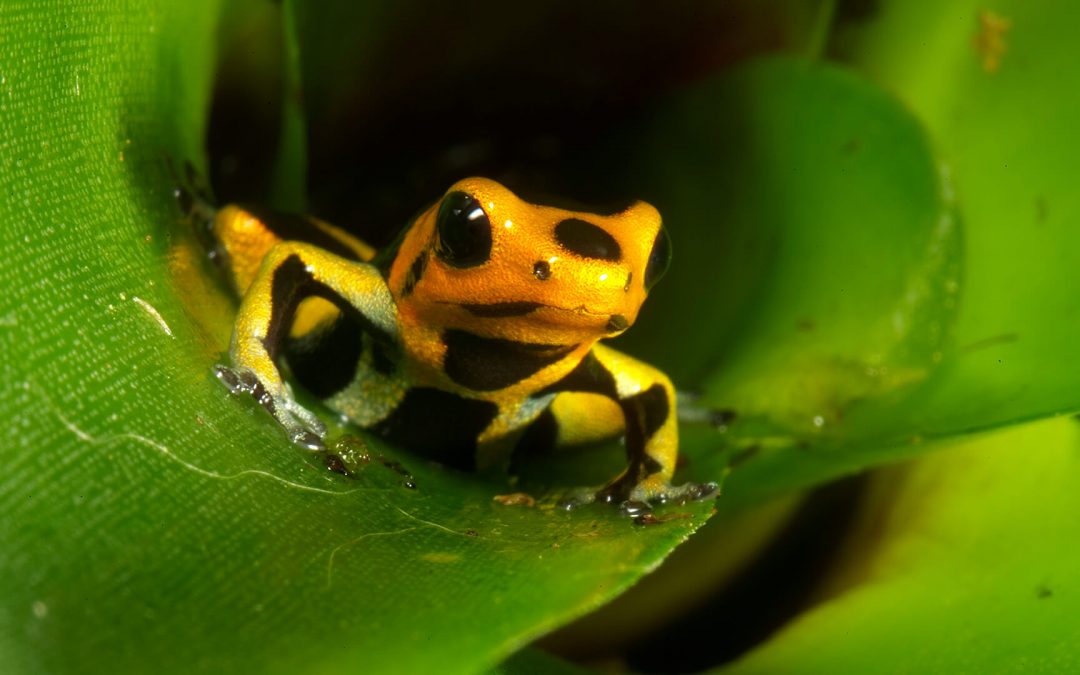
We’re living in the Anthropocene, the geological era of our own making, in which people dominate the earth, to the detriment — and death — of countless other life forms. Elizabeth Kolbert talks about her book, The Sixth Extinction, and how we are responding (or not) to the crisis we’ve created.
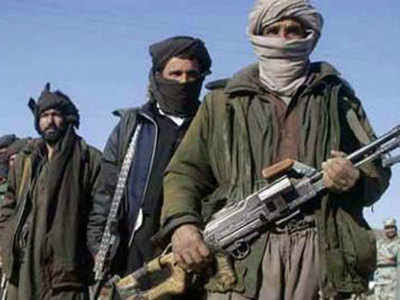
Nafees Hamid talks to terrorists and their families in order to understand who’s vulnerable to radicalization and why … and how nations, institutions, and families can intervene.

Gabriella Coleman is a cultural anthropologist who entered the world of the “hacktivists” who called themselves Anonymous. Her book Hacker, Hoaxer, Whistleblower, Spy reads like a spy thriller as it takes us ever deeper into a world to which most of us have no access.
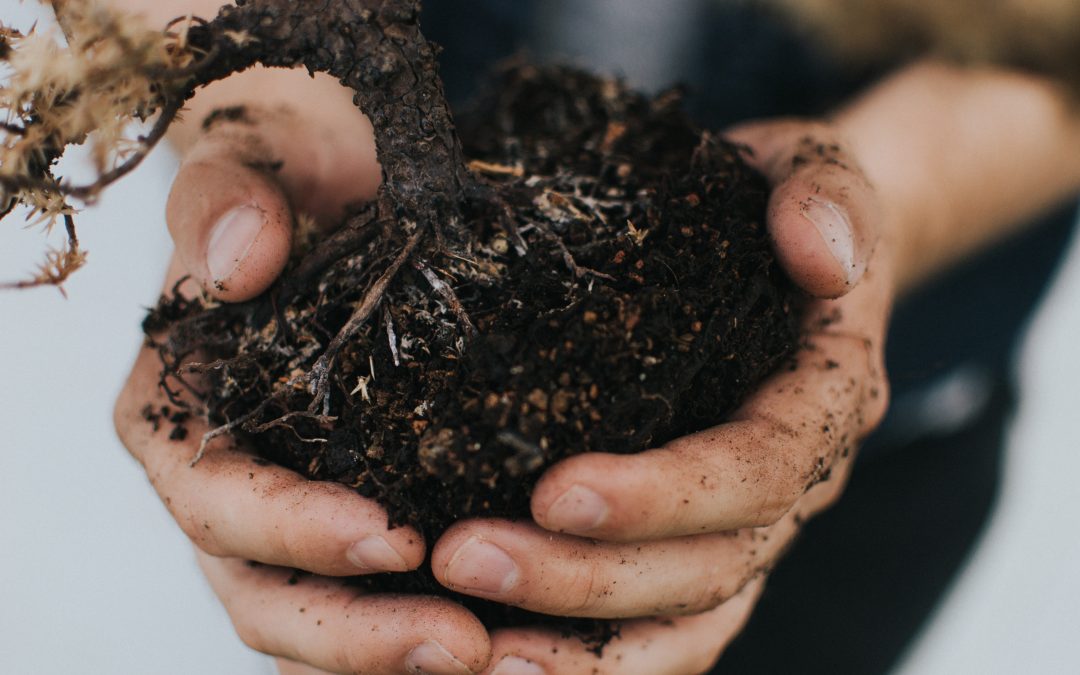
Christine Jones explains what’s wrong with industrial paradigm of agriculture and how understanding soil can help us grow food that’s healthier — for people, rivers, oceans, climate, local economies, and pretty much everything else.
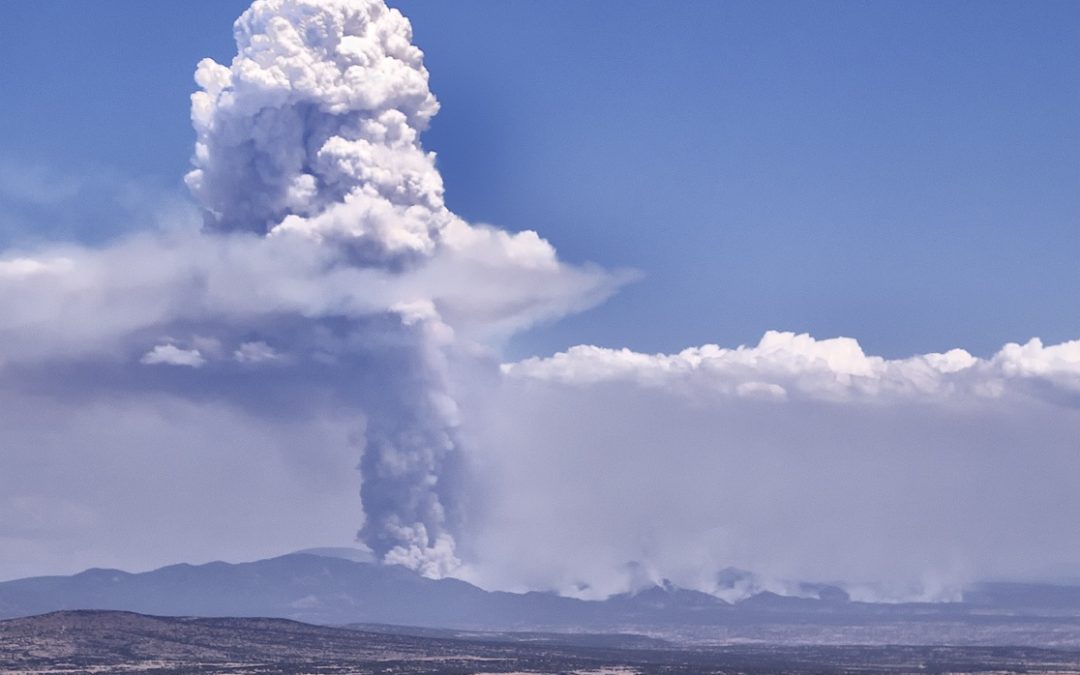
Fire scientist Rod Linn and firefighter and journalist Kyle Dickman, the human and ecological costs and benefits of fighting fires, and of letting them burn.